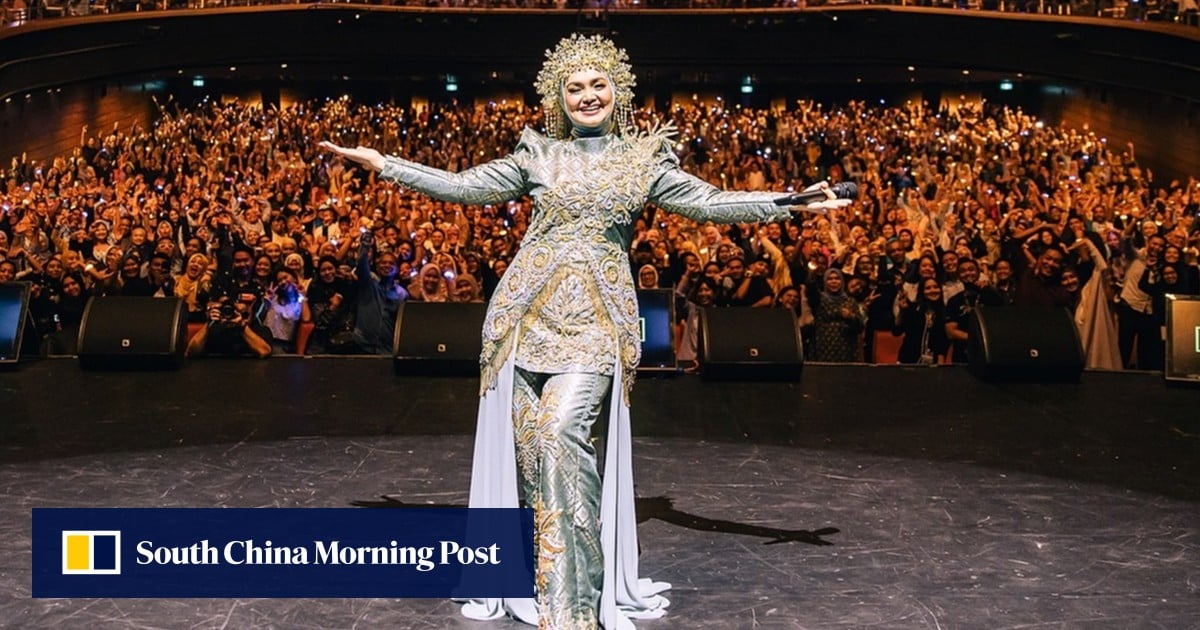Viral scam deceives fans of Malaysian Siti Nurhaliza with AI-generated calls

“Fake. Don’t believe the scammers. They use my name and picture and even an AI voice to convince people,” she said.
“They also took my live videos with the intention of trapping and deceiving people.”
The singer urged people to be aware of such scams, stressing: “I have never organized contests or offered cash prizes. Do not be fooled if you receive such messages and video calls.”
Numerous fraudsters have exploited their identities and images, often targeting older people, said Siti Nurhaliza.
Malaysian Communications Minister Fahmi Fadzil urged the public to be alert to scams involving the distribution of fake videos and images or deepfakes created using artificial intelligence.
He noted that in her Instagram post, Siti Nurhaliza “showed a WhatsApp video call that made it look like she was speaking when in fact it was a live deepfake.”
“AI can be used for good and evil,” he said at the ministry’s monthly meeting on Monday, Bernama reported. “We must be cautious with the information we receive and ensure that any video we receive is genuine or created using an AI application.”
Fahmi called on Bernama News Agency and Radio Televisyen Malaysia to raise awareness and educate the public on the dangers of AI deepfake scam tactics.
AI can be used for good and evil… We must be careful
“I hope the problem of AI-generated deepfakes can be addressed by Meta since WhatsApp is Meta’s responsibility,” he said.
Ramli Mohamed Yoosuf, director of the Bukit Aman Economic Crime Investigation Department, urged victims of fraud involving fake videos and images created using artificial intelligence to report them to the police.
“Such scams are becoming more common and we expect them to continue… Deepfakes are indeed very difficult (to combat) because they require verification by the victims,” he said, according to Bernama.
Related Posts

Action Game Maker announced for PC

Someone called police from the hotel to warn him that he might get behind the wheel, a source says

